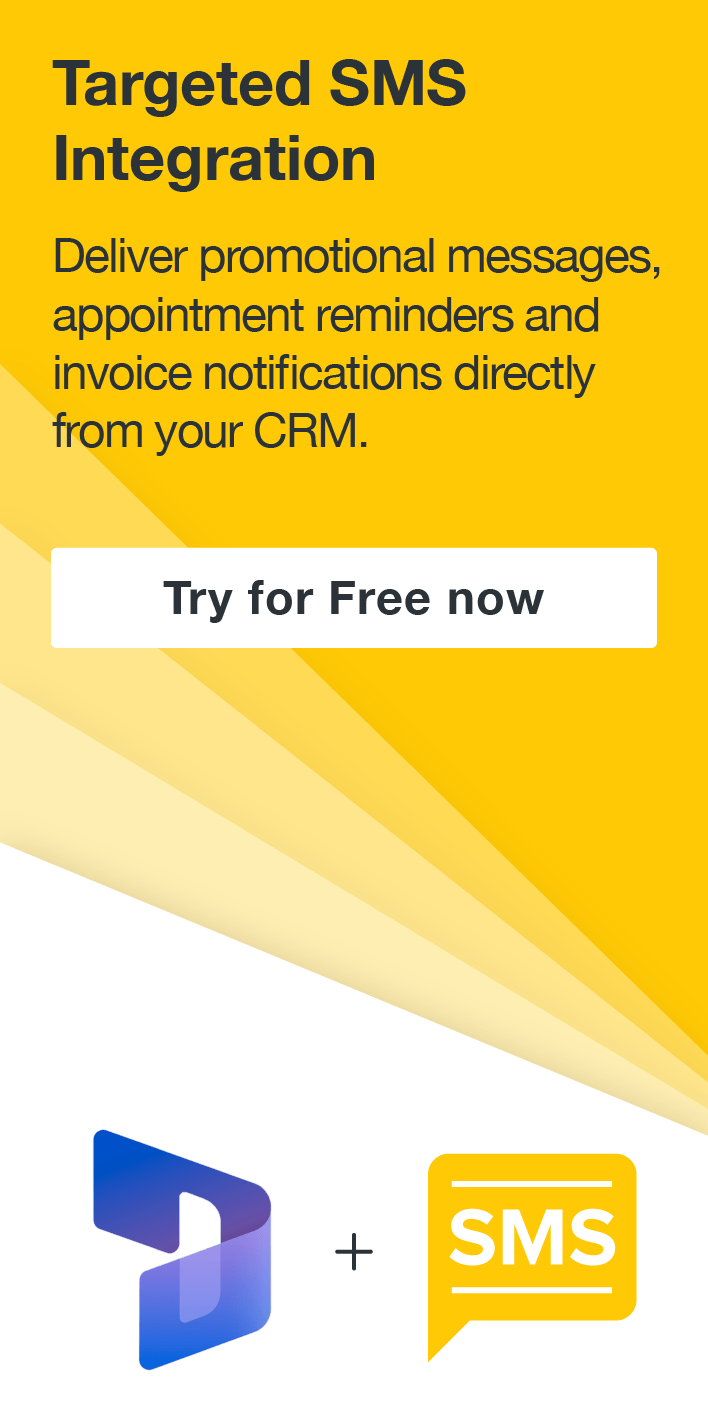Why a Trusted Advisor Would Recommend CRM
Louise Alderton, 02 June 2011
In this post I am going to attest to some reasons why a Trusted Advisor would recommend CRM to their clients. A trusted advisor is someone who is an expert in a particular field who gives you advice that you willingly accept and have confidence in. For business owners and managers a trusted advisor might be your accountant, business analyst or contracted IT professional. These people work with you and your business to evaluate performance and give you recommendations for improvement.
 *
*
Let’s take accountants as our trusted advisor example. Your company’s accountant is there to help ensure your business is running efficiently, records are kept accurately, and taxes are paid correctly. Beyond this though, they will offer you advice to improve on your current processes – after all this helps them to serve you more successfully. An effective CRM system could be the answer.
Customer Relationship Management or ‘CRM’ as it is commonly known is a business strategy for acquiring, managing, nurturing and maintaining the relationships between an organisation and its customers. The overall goal in implementing a CRM system is to create synergy within the organisation and increase productivity. But dig a little deeper and you will find it goes well beyond that.
Here are just a few reasons why an accountant (or any trusted advisor) would recommend CRM to a client:
 **
**
Visibility Across the Entire Business
With a Microsoft Dynamics CRM solution you are able to achieve a complete 360-degree view of not only your customers but every aspect of your organisation from projects and planning to staff collaboration and communication. This can include a complete financial overview too. A CRM solution provides a central, easily accessible hub for all information. With complete information your accountant will be able to do their job accurately and efficiently.
Better Reporting
You can’t manage what you don’t measure. You need business intelligence tools to help you analyse your business processes, identify possible enhancements, and adjust quickly to changing conditions. CRM can provide visual tools and reports to help you act on the insights that you gain. These tools can also assist in complying with regulation requirements through comprehensive information management and reporting.
Precise Financial Management
Now, CRM can even be seamlessly integrated with your accounting software (or any other legacy application for that matter). This arms you with a complete, real-time overview of your clients and suppliers. Effectively managing this information means there will be no extra work for your accountant because they will have all the information they need. All information will be consistent and any duplicate data will be eliminated.
Cost Efficiencies
With a CRM solution you can have workflow and automation functionality that can be used to standardise and streamline many administrative processes across your organisation. These might include procedures, best practices, customer facing or internal communication, marketing programs and reporting. Automating these processes creates huge efficiencies and freeing up resources to be used on more important tasks.
Sustainability
Microsoft Dynamics CRM is customisable, adaptable and sustainable. This gives you the ability to leverage the platform to build solutions which address the changing needs of your organisation cost-effectively. This cuts development and support costs, while ensuring seamless integration with legacy systems. You will have the ability to continually improve and build on this platform allowing you to keep up with technological innovation and providing a sustainable platform for the future.
*Image 1 from: http://saleslaundry.com/tag/trusted-advisor/
**Image 2 from: http://www.accountingtraining.co.nz/myob-training-courses/myob-short-training-courses/accounting-for-non-accountants/

